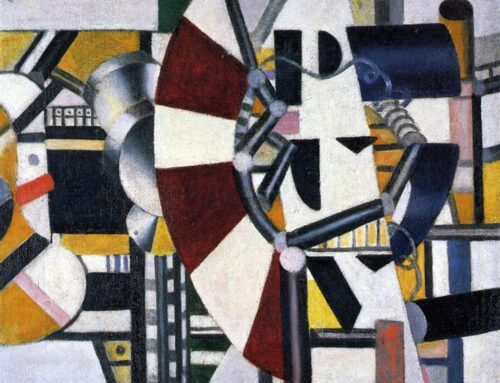Science, art, and modern history: the costs and consequences of rational exuberance.
Armed with Cartesianism and the scientific spirit, triumphant reason then proclaims the rights of the individual and empties the stage: tragedy descends into the street with the bloody scaffolds of the Revolution. No tragedies, therefore, will spring from romanticism, but only dramas…. Man is alone, and confronted with nothing but himself. He ceases to be a tragic figure and becomes an adventurer; dramas and the novel will depict him better than any other art….
The world that the eighteenth-century individual thought that he could conquer and transform by reason and science has in fact taken shape, but it’s a monstrous one. Rational and excessive at the same time, it is the world of history. But at this degree of hubris, history has put on the mask of destiny. Man doubts whether he can conquer history; all he can do is struggle within it. In a curious paradox, humanity has refashioned a hostile destiny with the very weapons it used to reject fatality. After having deified human reign, man turns once more against this new god.
Albert Camus, “On the Future of Tragedy,” Lyrical and Critical Essays, trans. E.C. Kennedy
For more from Camus, see here.
On the “exuberance of the ratio [reason],” see also G. Heath King, Existence Thought Style, 139.






Leave A Comment